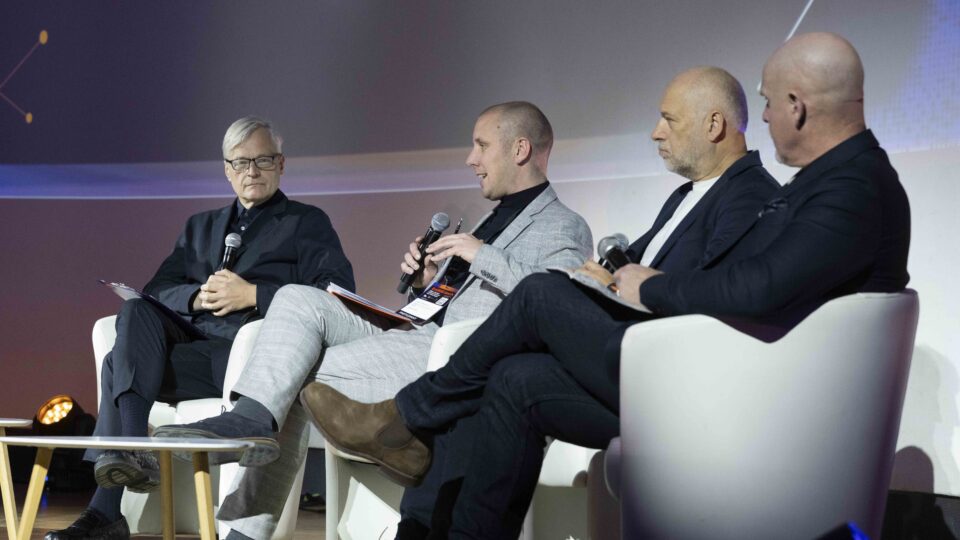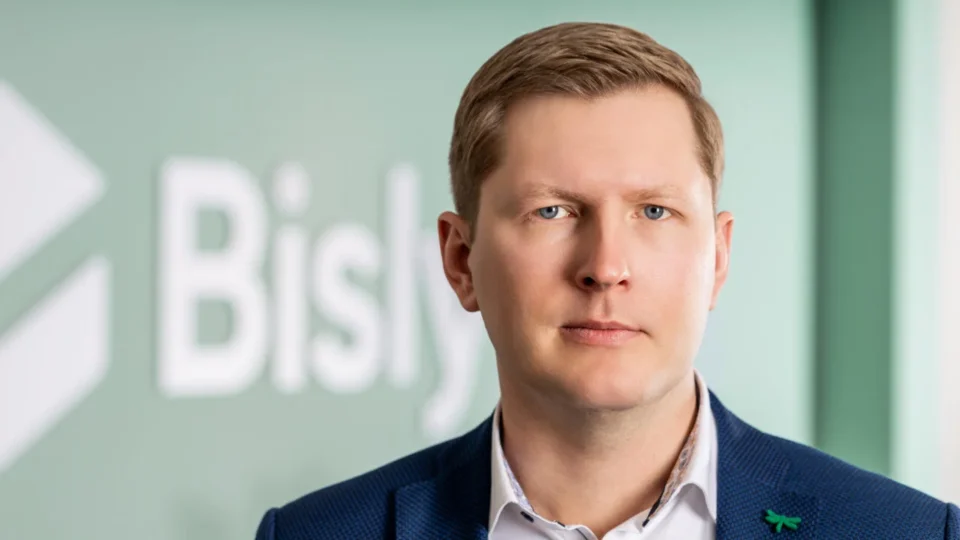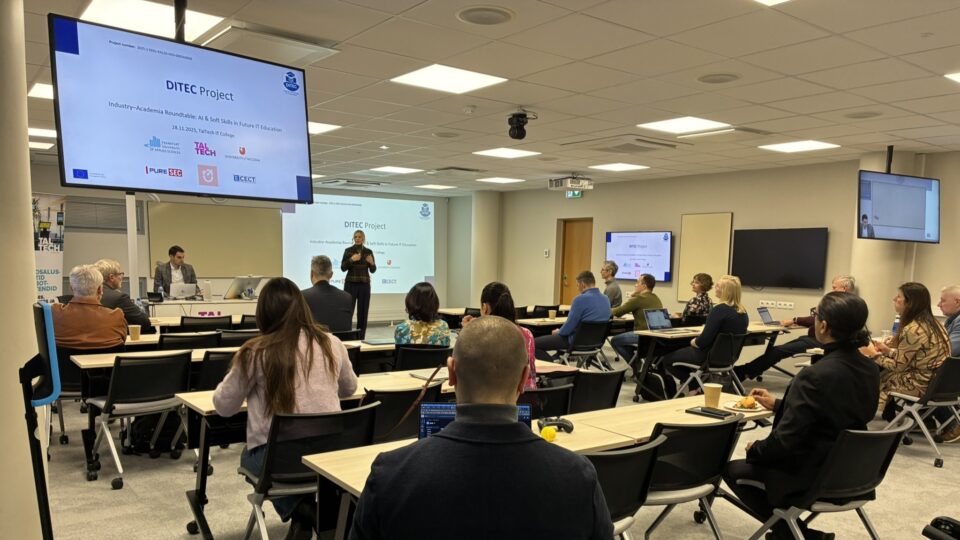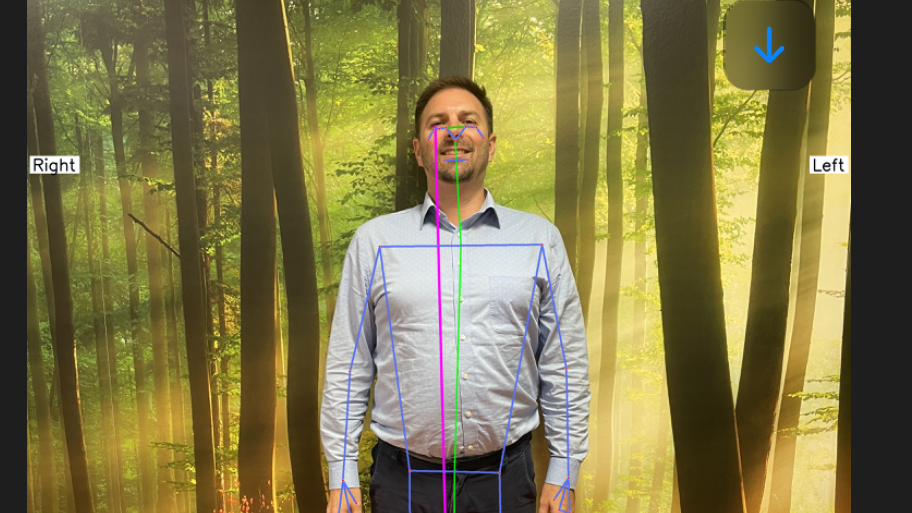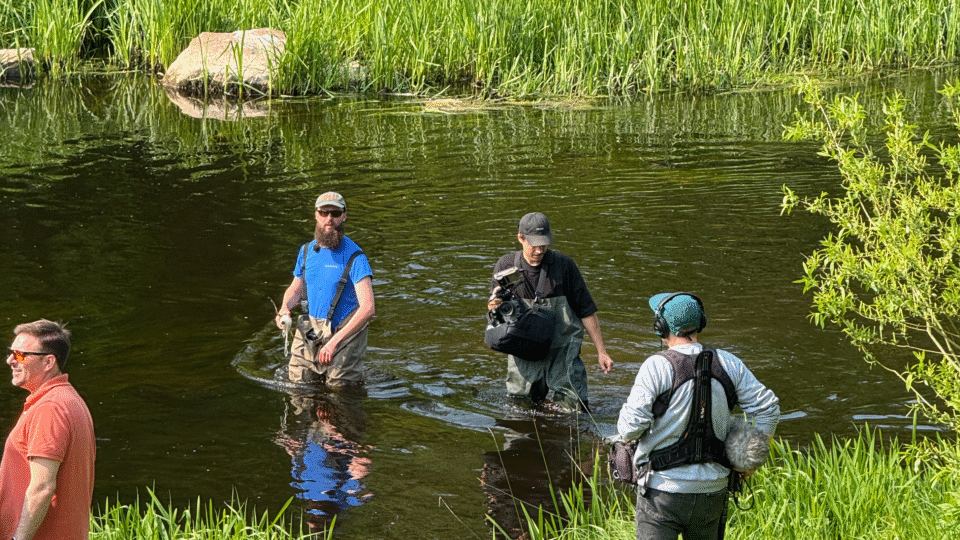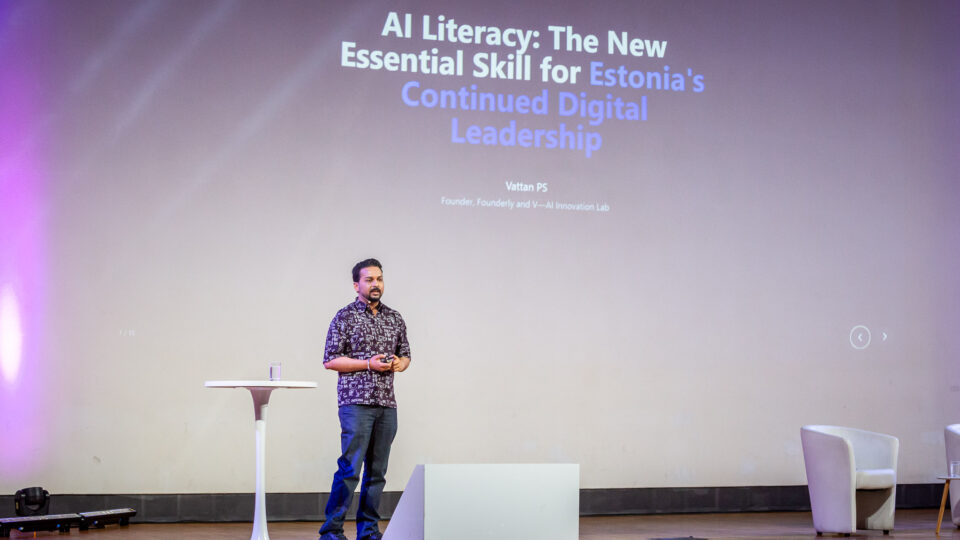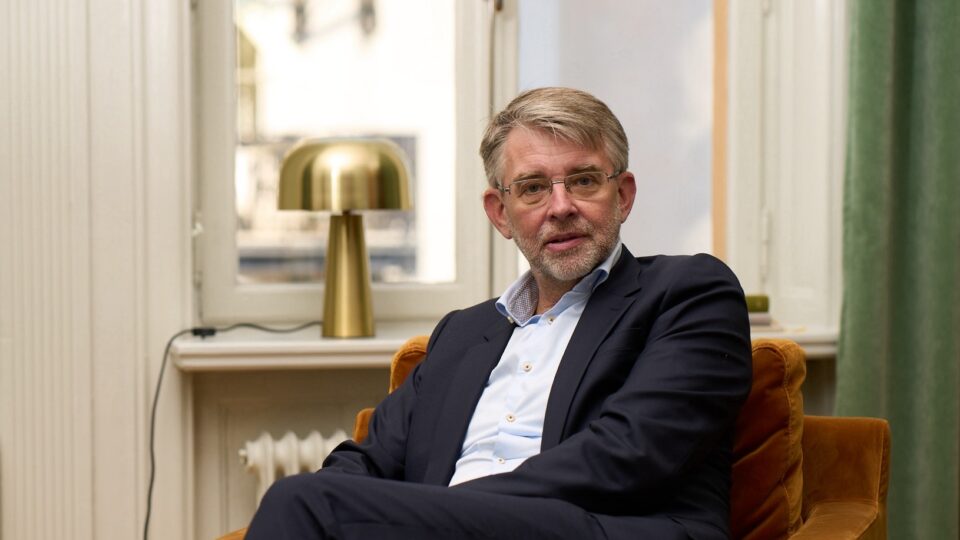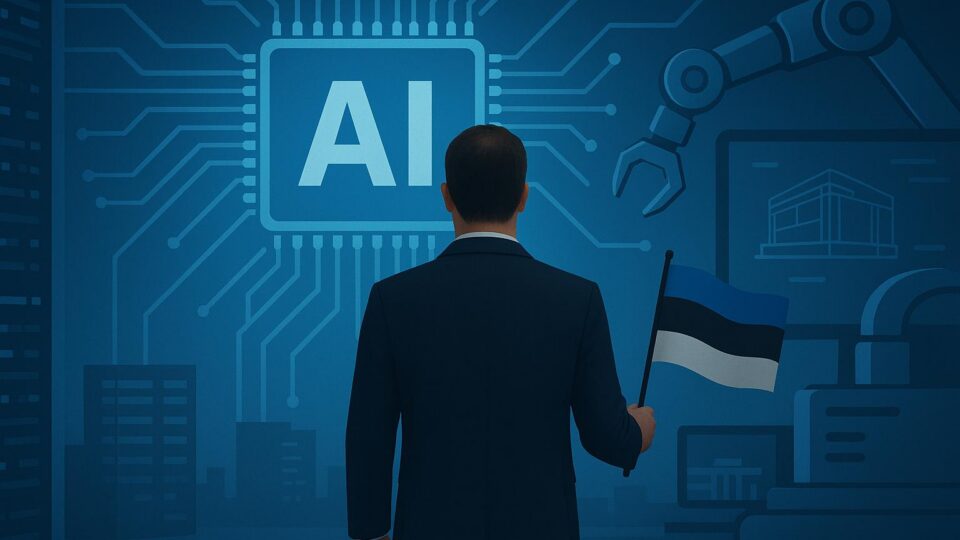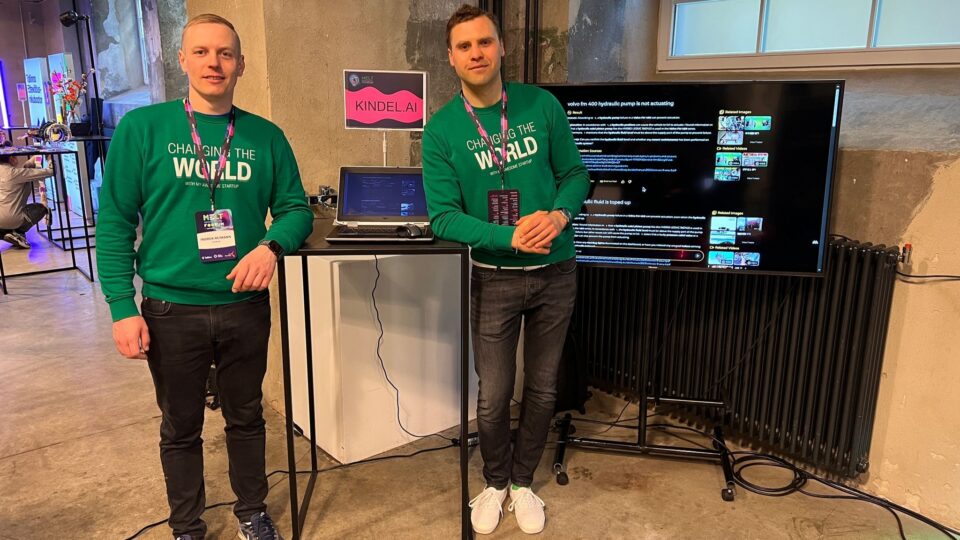One of the most substantial discussions at the defence conference EstMil.tech, co-organised by Tallinn University of Technology, was a panel in which defence experts from different countries and backgrounds examined the military role and potential of artificial intelligence. The question was simple yet sharp: whether – and to what extent – does AI change decision-making on the battlefield?
Artificial Intelligence
Estonia stands at a turning point where good ideas and a strong digital reputation are no longer enough. A shifting economy, geopolitical tensions, and the age of artificial intelligence force us to ask: are we a country that makes decisions, or one that is decided for? According to Ants Vill, member of the TalTech Council and CEO of Bisly, Estonia’s greatest challenge is not a lack of innovation but a lack of decisiveness – and inevitability is not born of consensus, but of deliberate choices.
Artificial intelligence is transforming how IT work is done, but according to Slavko Rakić, Research Professor at TalTech IT College, the most difficult challenges companies face today are often not technical at all. While universities focus heavily on tools and technologies, everyday work increasingly depends on communication, responsibility and ethical judgement.
A new AI-powered posture analysis tool developed at TalTech’s Health and Space Technology Lab, in collaboration with RightStep, allows anyone to assess their body alignment using a single photo. The system was designed to be fast, private, and easy to use – and its origins stretch from space research to sports rehabilitation.
When British wildlife photographer Jack Perks visited TalTech, it wasn’t just a guest lecture or a quirky nature story – it was a significant step in redefining how technology and ecology intersect. His visit bridged underwater fieldcraft with cutting-edge AI, helping fine-tune TalTech’s fish monitoring systems and inspiring the next generation of students to see IT as more than just code.
Estonia has all the prerequisites to become a leader in the age of artificial intelligence – but this opportunity must not be missed.
Technology is no longer just a tool – it’s a force reshaping industries, transforming societies, and challenging our understanding of reality. But with this unprecedented power comes a critical question: are we truly in control of technology, or are we merely at its mercy?
The future in which our children will live doesn’t ask if we are ready – it simply arrives, and we must decide what role we leave for humans in it.
As artificial intelligence gathers pace, small states face a stark choice between digital promise and democratic peril.
The Estonian startup KindelAI, co-founded by TalTech alumnus Andrei Aksjonov, believes the era of mechanics fumbling in the dark under the hood is coming to an end. KindelAI is developing a car diagnostics solution where decisions are no longer based on gut feeling but on data-driven artificial intelligence.
